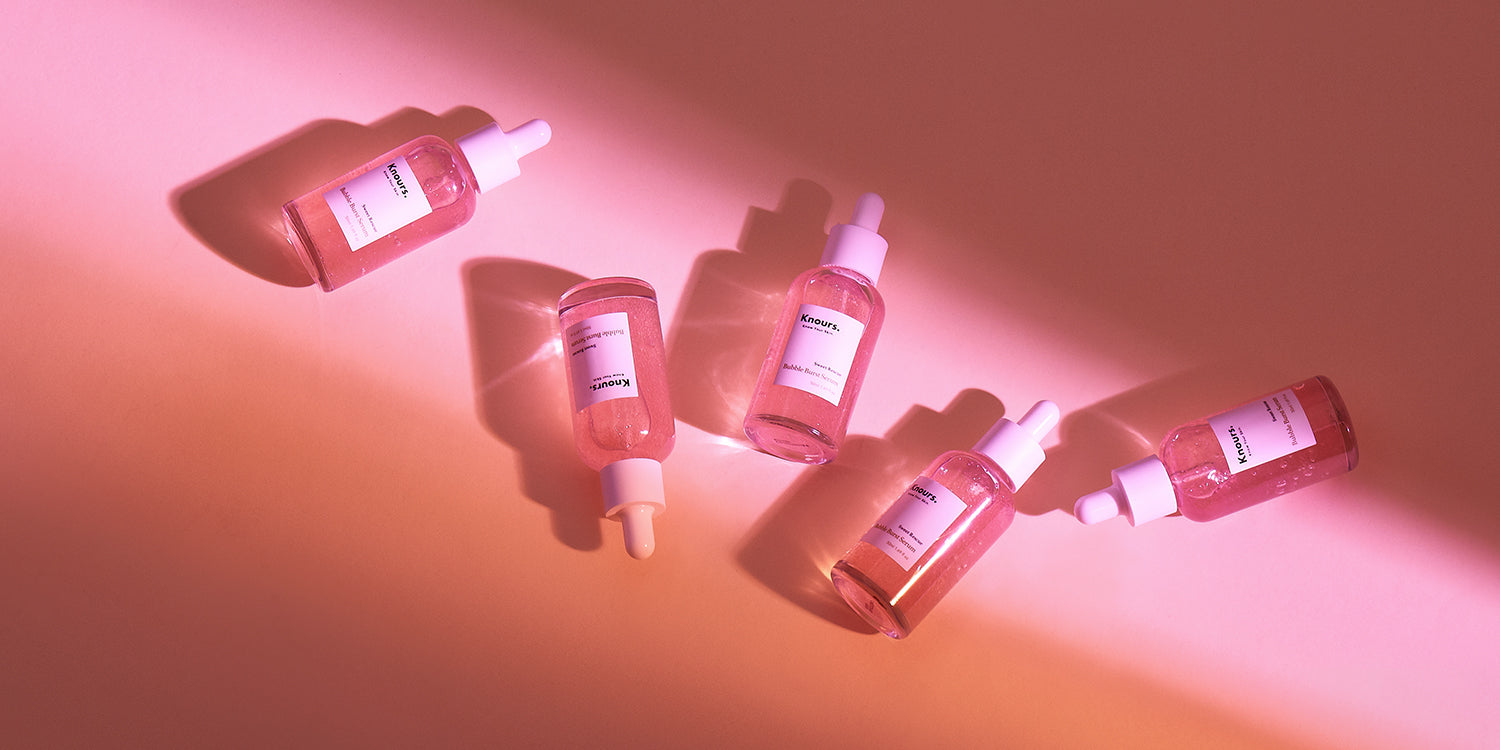This week we’re talking about the “4th Trimester” and the changes your skin will face during this unique time. For those unfamiliar with the term, the 4th Trimester is the period between birth and roughly 12 weeks postpartum where you are adjusting to caring for your newborn and your baby is adjusting to a whole new life. You have officially entered new territory (especially new mothers) - from sleepless nights feeding your little one to a lot of trial and error when it comes to finding the right schedule for everyone, we’ve been there and we want to support you through this exciting life cycle.
Being a mother is hard! There are so many unexpected challenges during this time and newfound stress, sleep deprivation, and continuous hormonal fluctuations don’t exactly help as you navigate your way through motherhood. All of these factors can greatly affect your physical and emotional state of being, including the way your skin reacts to it all. Here are some of the skin changes you might undergo during this new phase of your life.
Bye bye, pregnancy glow.
Hormones like progesterone and estrogen are high during pregnancy and they are what causes you to have that extra shine and brightness. Unfortunately, that wondrous glow doesn't last forever! Those high hormone levels fluctuate drastically after you give birth so some mothers experience irritated, itchy, dry skin, excessively oily skin, and acne (yup, it never truly goes away).
Red patches
Since estrogen is low your body won’t be producing as much collagen as you would like. The skin barrier is thus weaker and allergens and other irritants slowly begin to sneak their way into your skin causing dry, red patches to form. Your skin is extra sensitive during this time so the products you used to love before and during pregnancy may not feel so great right now.
Dark splotches
During and even a little after pregnancy you may see the appearance of dark splotches and spots on your face. This is normal and is due to an increased amount of melanin production. Your melanin levels will eventually return to normal and the dark spots will slowly begin to fade, but this might not occur until after you have stopped breastfeeding.
Breastfeeding and its effects
Breastfeeding and the hormonal fluctuations associated with it can also take a toll on your already sensitive skin. You may feel yourself becoming even more dehydrated during this time and as a result your skin will also lose its moisture, become uneven and dull, and you may even notice new fine lines and wrinkles start to form around your eyes.
Caring for yourself
Don’t feel the need to get your skin back into tip top shape right away! You just underwent an incredible change and it’s perfectly okay to take things day by day and embrace the newest addition to your family. If you do want to get a head-start on caring for your skin then we recommend continuing to use clean products. Don’t forget to continue to use a broad sunscreen with an SPF of at least 30 and to look for products with calming ingredients like ceramides, glycerine, and chamomile. Another great ingredient is niacinamide, which helps strengthen the skin’s barrier! Oil-free products are also a great choice for this time. For those who are breastfeeding, be sure to drink plenty of water to combat dehydration and to look for products that contain vitamin C and antioxidants to help boost collagen production.
Every woman has a different experience and remember that no matter what phase of motherhood you are in, you are doing your absolute best and you can do this! Be sure to stop by the blog next week when we speak with a young mother about her own experience with the fourth trimester.





Leave a comment
All comments are moderated before being published.
This site is protected by hCaptcha and the hCaptcha Privacy Policy and Terms of Service apply.